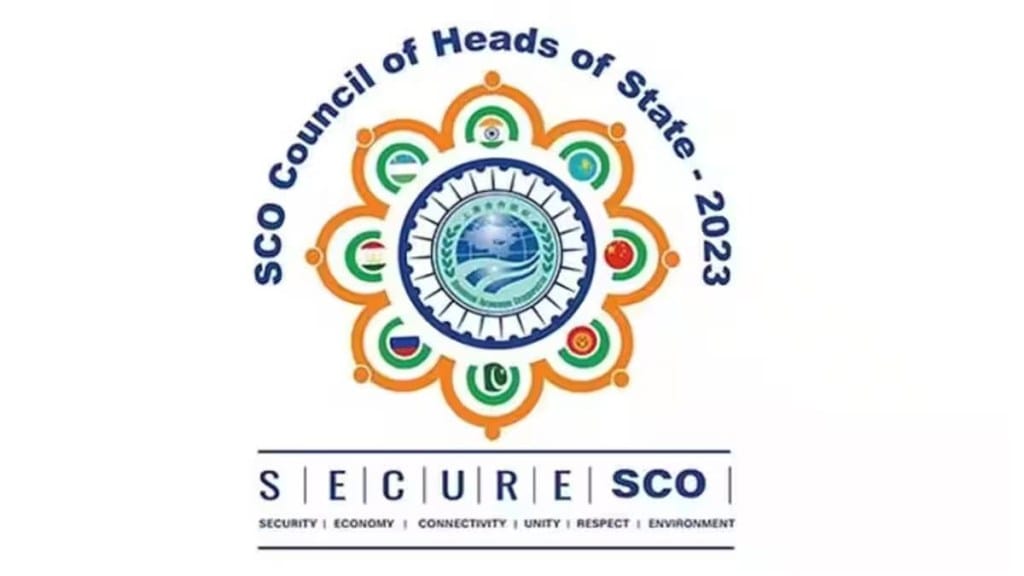India’s presidency of the Shanghai Cooperation Organisation (SCO) in 2022-23 marked a significant milestone in the country’s engagement with the organization. From its beginning as an Observer country in 2005 to becoming a full Member State in 2017, India’s association with the SCO has been characterized by active and constructive participation across various spheres of activities.
Taking over the presidency from Uzbekistan at the Samarkand Summit in September 2022, India embarked on a tenure that witnessed the SCO achieve new milestones in terms of engagement and interactions. Guided by the theme “SECURE” – an acronym derived from the 2018 SCO Qingdao Summit – India focused on Security, Economic development, Connectivity, Unity, Respect for sovereignty and territorial integrity, and Environmental protection.
During its presidency, India introduced five new pillars and focus areas of cooperation within the SCO. These encompassed Startups and Innovation, Traditional Medicine, Digital Inclusion, Youth Empowerment, and Shared Buddhist Heritage. With India’s initiative, two new mechanisms, the Special Working Group on Startups and Innovation and the Experts Working Group on Traditional Medicine, were established, signifying India’s commitment to contributing substantially in these areas.
Furthermore, India emphasized the importance of building people-to-people connections, in line with Prime Minister Narendra Modi‘s vision of Vasudhaiva Kutumbakam (the world is one family). The Indian Chair of SCO organized numerous signature events aimed at deepening these connections, including the SCO Film Festival, SCO Millet Food Festival, SCO Cultural showcase at SurajKund Mela, SCO Tourism Mart, Conference on Shared Buddhist Heritage, B2B Conference on Traditional Medicine, and SCO International Conference of Think Tanks.
Highlighting India’s rich cultural heritage, the ancient city of Kashi (Varanasi) was celebrated as the 1st SCO Tourist and Cultural Capital of 2022-23. This designation served as a testament to the city’s millennia-old culture, further enhancing India’s role as a cultural ambassador within the SCO.
Youth Empowerment was another key focus area during India’s chairmanship. Several events, such as the Young Authors Conference, Young Scientist Conclave, Startup Forum, SCO Youth Council and Conference, and the SCO Resident Researchers Programme, provided platforms for young individuals from SCO Member States to engage in research and innovation activities.
Hosting the Foreign Ministers of SCO in Goa, India displayed its warm hospitality, unique culture, and distinct heritage during a colorful cultural program and substantive discussions. Additionally, India’s External Affairs Minister inaugurated the New Delhi Hall virtually at the SCO Secretariat in Beijing, underscoring India’s commitment to strengthening institutional ties within the organization.
Lastly, to commemorate India’s first-ever SCO presidency, a special commemorative stamp was released, symbolizing the significance of this historic moment for India and the SCO.
Through its active engagement, India solidified its position as a valuable member of the SCO community, working towards a more secure, prosperous, and interconnected future for all member states.

